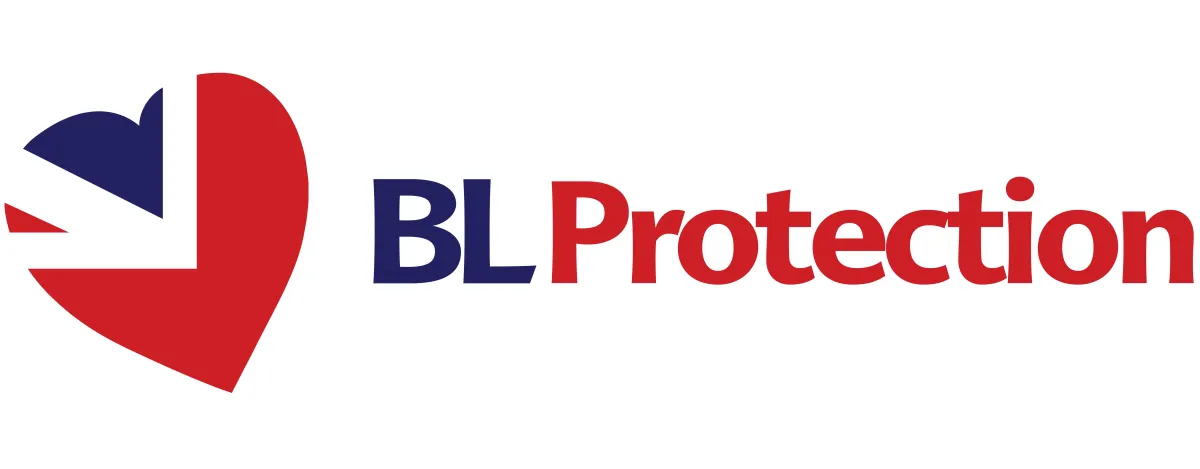Protecting what matters most - your family, your income, your businesss

Our Mission
At BL Protection, we are dedicated to providing peace of mind by offering comprehensive protection insurance coverage tailored to your unique needs.
Coverage
Expert Advice on the UK's Leading Protection Policies
Income Protection Insurance

This provides monthly tax-free payments if you cannot work due to injury, short or long term illness, or disability right up to the age of state retirement if required.


Life Insurance

Life Insurance offers a death benefit for a specified term, ensuring your loved ones' financial stability in case of any unfortunate events.
Critical Illness Cover

This provides a one-off tax-free lump-sum payment in the event of a serious illness like cancer, heart attack or stroke or permanent disability caused by injury.


Business Protection Insurance

Provide protection for your employees and their families with Group Health, Life and Income Protection schemes; or protect the business from the unforeseen absence of a key person with a policy that provides funds for a replacement.
Frequently Asked Questions
Common Questions Answered for your convenience.
Can you have more than one life insurance or critical illness policy?
Yes, you can have more than one life insurance or critical illness policy. But you might wonder, how many can I have? Is there a limit? The answer is no! Legally, you can have as many policies as you’d like. Just make sure you are aware of the difficulty and complexity of managing multiple policies before you make this choice.
Does Income Protection cover self-employed people?
Yes - an income protection insurance policy would work in much the same way as it does for everyone else, providing monthly tax-free payments for a certain period of time to help protect your standard of living. Bear in mind, however, that your eligibility for income protection cover as a self-employed person is likely to be subject to you working a certain minimum number of hours a week.
What is the difference between income protection insurance and critical illness cover?
A critical illness insurance policy will typically set out the specific illnesses that it covers in its terms and conditions, so it is important to scrutinise the list of illnesses when you are considering a particular policy. If you attempt to make a claim in relation to an illness that isn’t stated in your policy, you won’t get a payout. Income protection insurance, on the other hand, uses a broader definition of illness and injury than critical illness cover. So for example, if you were to suffer from back problems or depression that prevented you from working and earning an income, you might find that an income protection insurance policy would pay out in such circumstances, but a critical illness policy wouldn’t.
What percentage of people with income protection insurance make a successful claim?
The pay-out rates for protection insurance in general are much higher than people expect. Of those claiming on their Income Protection policy, 81.3% people received a pay-out according to the data collated by the Association of British Insurers from their members for 2024. That represented £177m.
For Life Insurance it was 96.7% (£3.922bn paid out) and critical illness cover 90.5% (£1.359bn). By far and away the most common reason for non-payment was non-disclosure of a health condition at the time of application.
Can you purchase these type of policies with poor health?
Health does have an important impact on people's ability to get cover for protection insurance, but as with a lot of things, it really does depend on how severe the poor health has been or is now. A lot of policies will cover diabetes and some will now cover people who have recovered from certain cancers. Exclusions are also available is some instances.
All insurers have their own risk profiles and that's why it's always best to speak to an adviser who has the latest guidance on the best insurers for certain conditions.
What most affects the price for this type of insurance?
There are a number of factors that influence the price of protection insurance: amount of cover, duration of cover, age, health, occupation and sports / pastimes are probably the main ones.

